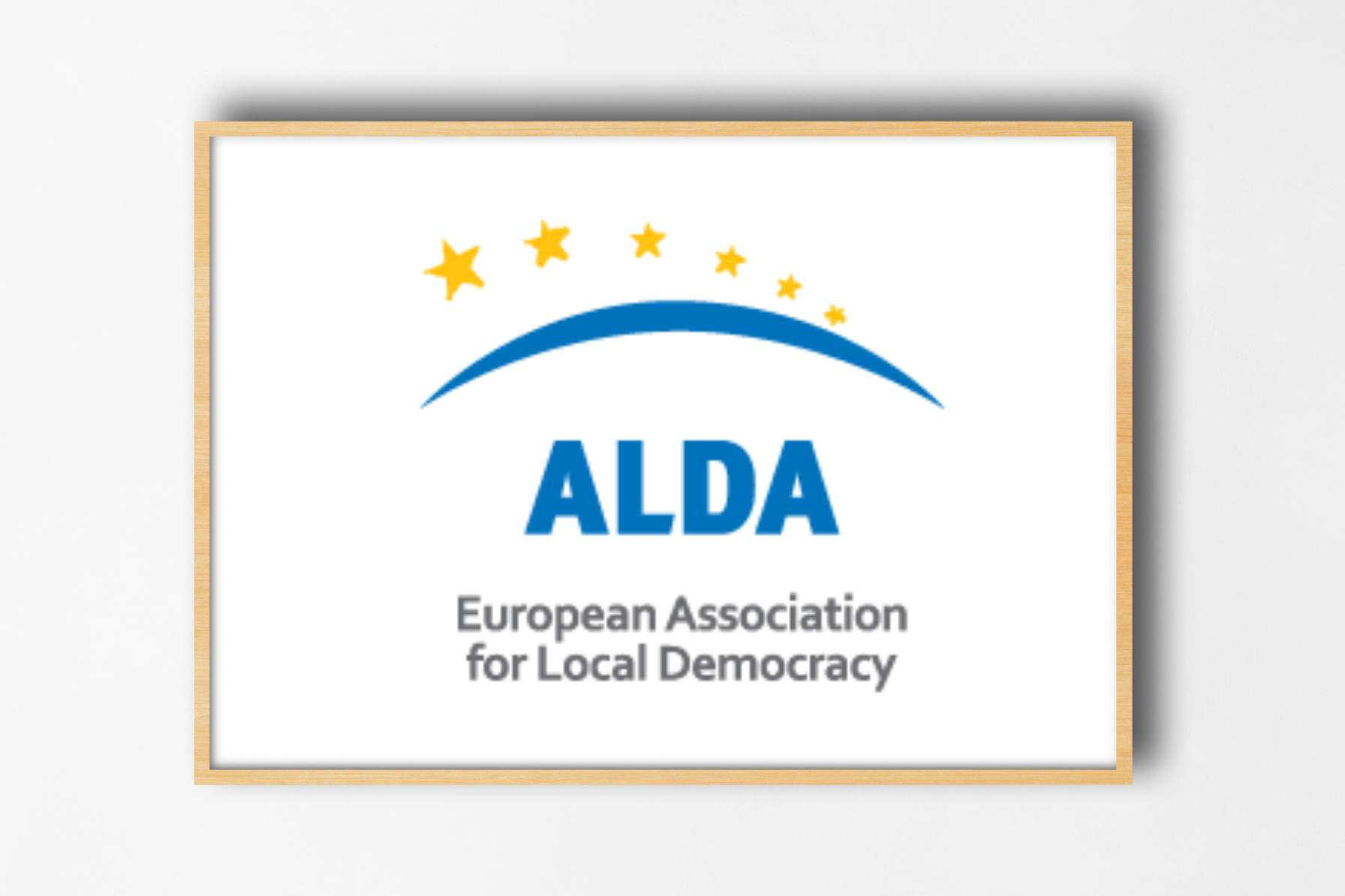A series of three seminars were held gathering more than one hundred local participants tackling a wide range of issues related with the legislation and practice in confiscating and administering property acquired from criminal activity in selected Western Balkan countries – Serbia, Macedonia and Montenegro.
Comparative experience and local practices were presented by the institutional representatives from respective countries including Prosecutors’ Offices for organised crime, Police Departments for organised crime investigation, Government Offices for administering the confiscated property, Tax Administration offices, Anticorruption Agencies, Research institutes, civil society organisations and local media.
The key note speakers in introductory panels were the project partners led by the Province of Caserta, Department for Community Programmes represented by Mr. Francesco Paolo De Felice, and Mr. Mario Battello, General manager of TECLA Association, while an important contribution to promoting the achievements through bilateral and regional co-operation programmes in this field was made by the Ambassadors: Mr. Armando Varricchio, Ambassador of the Republic of Italy to Serbia, Mr. Fabio Cristiani, Ambassador of the Republic of Italy to Macedonia, Mr. Sergio Barbanti, Ambassador of the Republic of Italy to Montenegro, Mrs Maja Nikolova Dobreva, Ambassador of the Republic of Bulgaria to Montenegro, Mr. Aleksandar Jordanov, Ambassador of the Republic of Bulgaria to Macedonia.
Local experience and practices presented in the seminars have shown the importance and need for more structured regional co-operation and exchange among the legislators, policy/decision makers and respective institutions, while particular attention is needed to further institutional and organisational capacity building in the field of managing and administering the confiscated property. Follow-up co-operation and communication between the SAPUCCA partners and local stakeholders were strongly supported by the participants.
